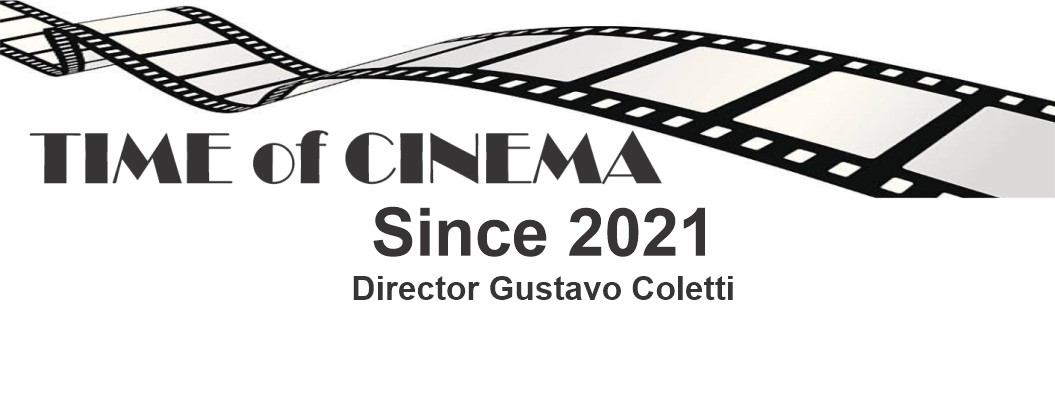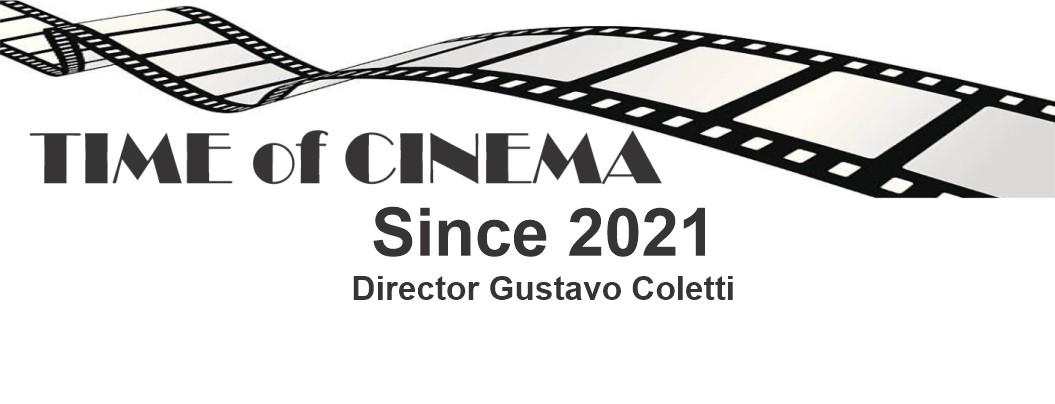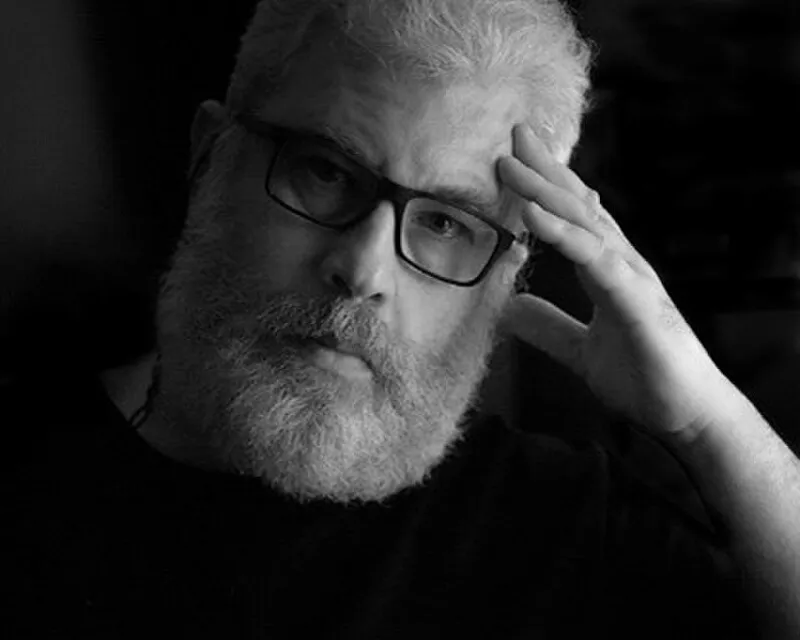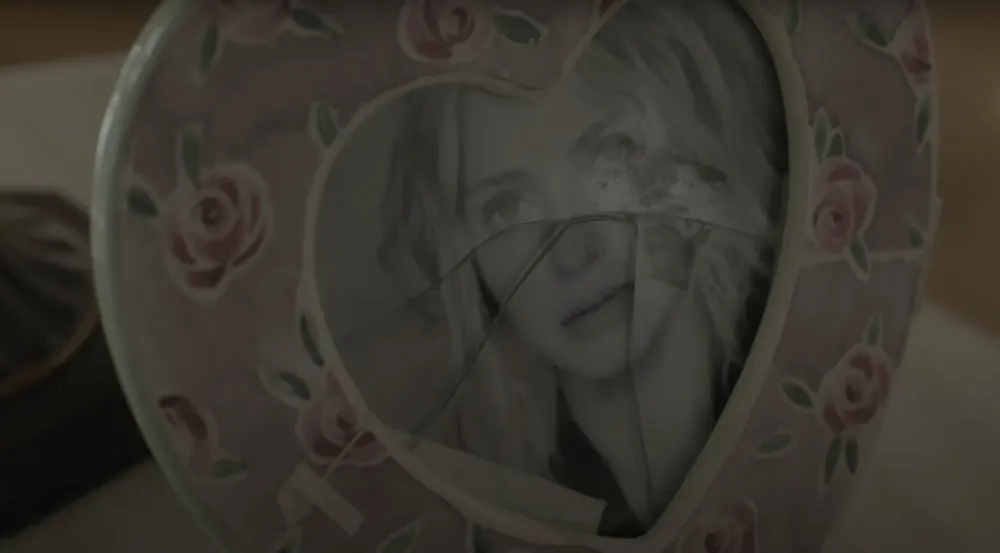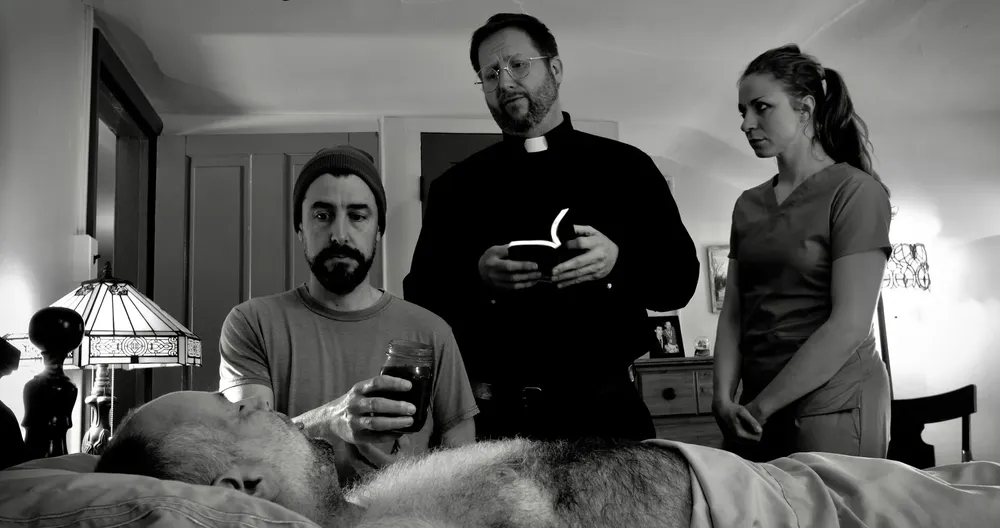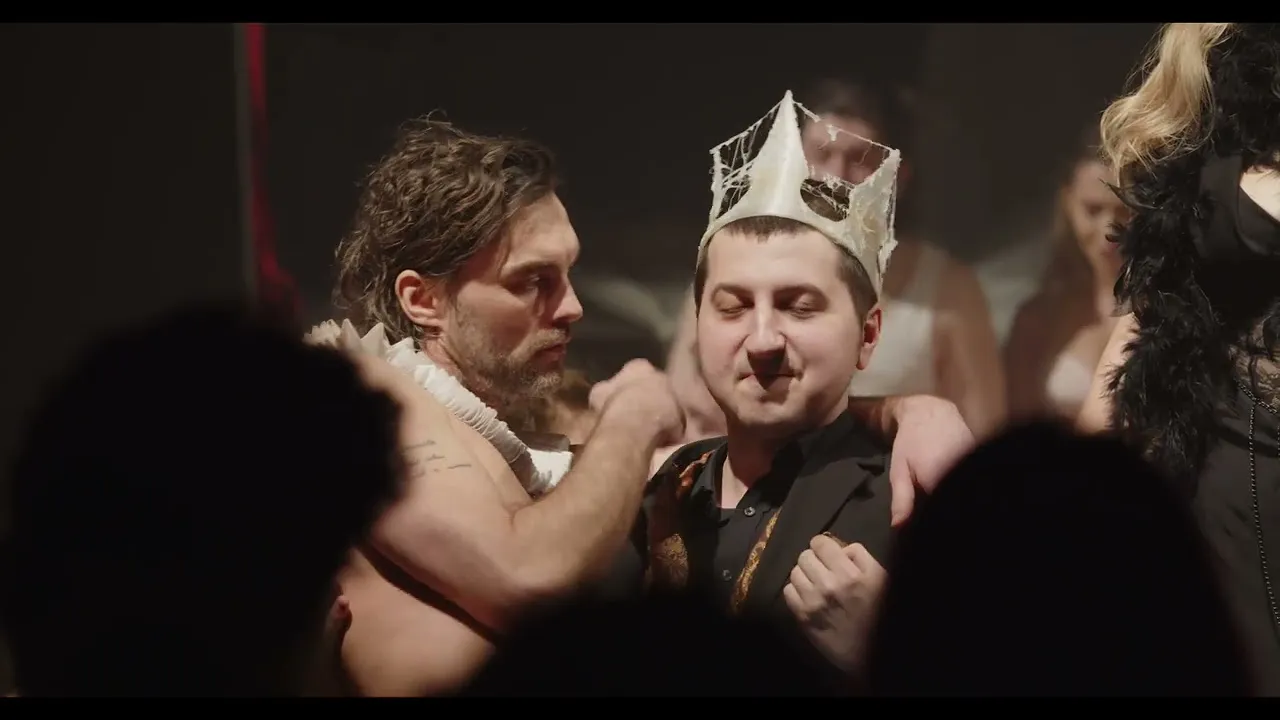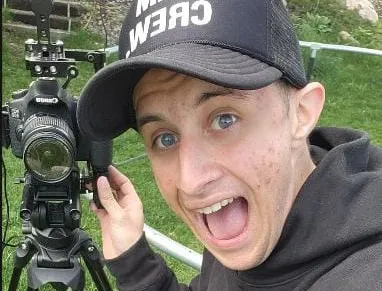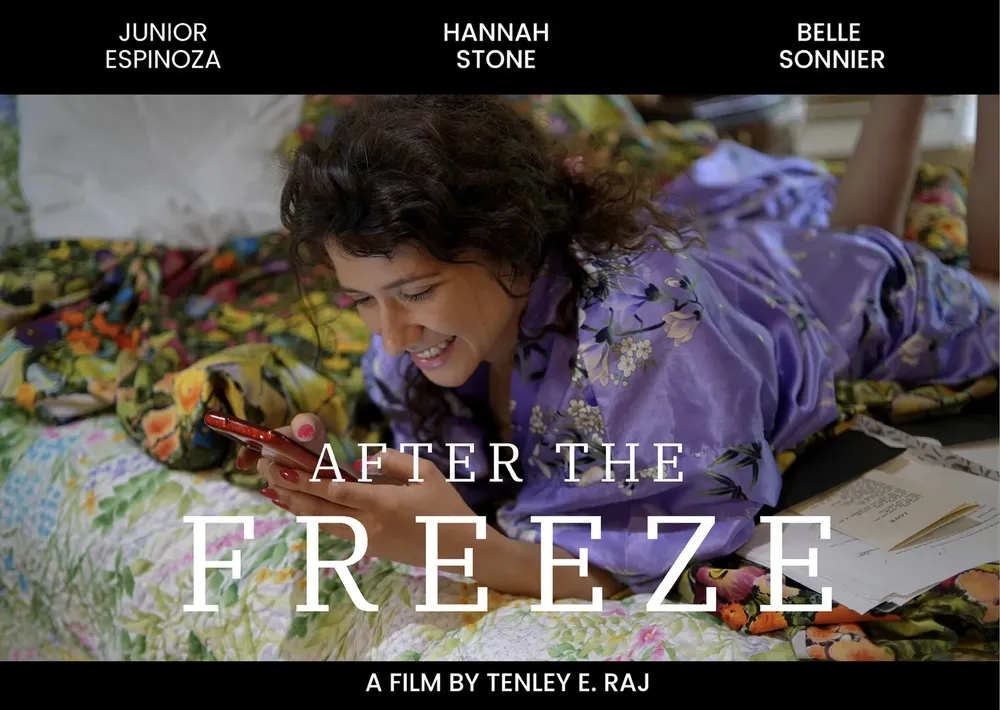
'House of the Dragon' Is a Monumental Return to Westeros: HBO Max's Remarkable 'Game of Thrones' Prequel Aims to Be the Next Fantasy Phenomenon
REVIEWS ALBERTINI. Espinof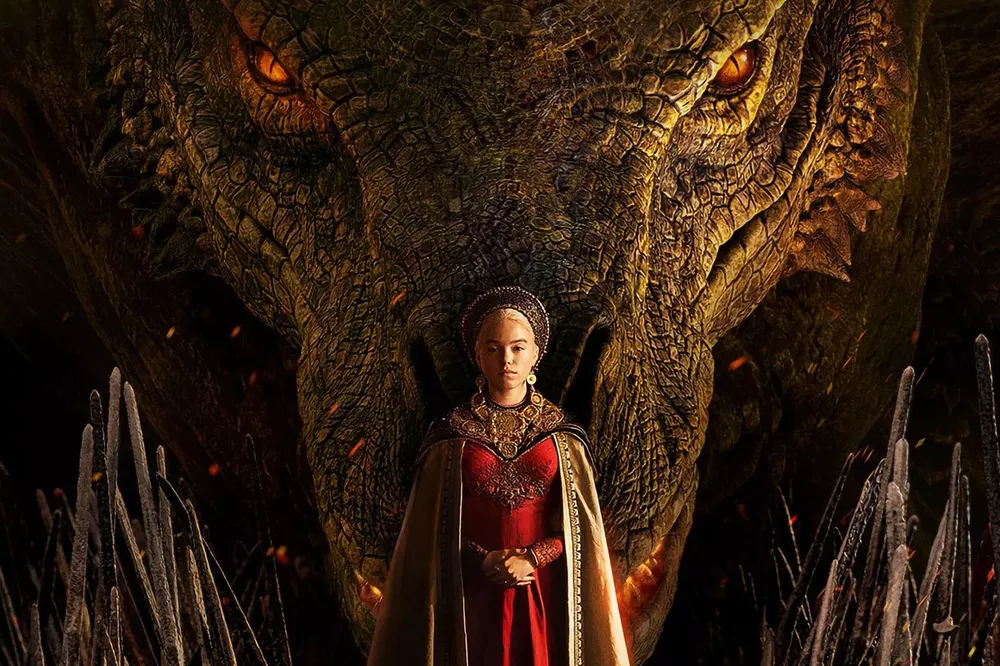
We cannot say, at least for my part, that the expectation has been low with ' The house of the dragon ' (House of Dragon). Fear and, why not say it, a certain degree of laziness have also been present in the waiting period between the end of 'Game of Thrones' in 2019 and the premiere this coming Monday (Sunday in the US) on HBO Max of this monumental prequel .
Set almost two centuries before the beginning of 'A Song of Ice and Fire' (specifically 172 years before the death of the Mad King and the birth of Daenerys), the series created by George RR Martin and Ryan J. Condal takes us to the reign of the King Viserys I Targaryen (Paddy Considine) and the intrigues for his eventual succession to the Iron throne.
'Game of Thrones': these were the real events that inspired the Red Wedding
An ambitious production
If there were any doubts about the series, the first episode, directed by Miguel Sapochnick , dispels it for us. Both a script and a spectacular and ambitious direction give us everything we would ask of a good episode of 'Game of Thrones' in an hour of presentation without a single breath to take a break.
And it is that to the political goings-on —there is generosity in scenes set in the private council—, brutal jousts are added, a violent night of terror in the streets and one of the crudest and most overwhelming scenes that we can find this year on television . And of course there are dragons .
In this aspect, the effort, the money (and more in these times of crisis at Warner) and the care that HBO has put into 'The House of the Dragon' are quite noticeable, which in production design is even more ambitious than its predecessor .
The cast is also up to the circumstances, with a fairly high level, coping with ease the stakes and demands of the master lines of some Martin and Condal who continue with the great premise of convincing us that we should not get too infatuated with the characters. of the saga.
Fewer characters, more speed but just as forceful
The main difference that we can find with the original series is undoubtedly in the proportions, much more restrained in terms of characters and settings . If during the first season of 'Game of Thrones' we met twenty relevant characters spread throughout the continent and beyond the narrow sea, here 90% of the action takes place in the Court of the Red Fortress and related people.
This causes the series to lean much more towards the subgenre of palace intrigues than its predecessor , which also had its own good, only here they stand out much more. On the other hand, this economy in the dramatis personae means that, for example, the members of the privy council go somewhat unnoticed in the eyes of the viewer (with the exception of the Hand).
Also noteworthy are the time jumps that occur between episodes, which are such that in the sixth (the last sent to the press) there is already a change in cast to reflect the advance in age of the young characters, being the first in which we see Emma D'Arcy as Rhaenyra and Olivia Cooke as Alicent replacing Milly Alcock and Emily Carey, respectively.
Some jumps that are justified by the series' desire to tell the Dance of the Dragons , the civil war within the dynasty that shaped the future of Westeros. Of course, although they are going at a good speed, I imagine that they will stay at the gates of it (there is much to tell), leaving it for a possible second season.
A skipped character development
Although I admire the desire and speed with which the writers have decided to tell the reign of Viserys and the preludes to this war, a little more brake is missed in the chronicle of the time. Mainly because it doesn't help the development of some of the characters and some of the plots .
Mainly that of Daemon, the antagonistic and ambitious brother of Viserys played by Matt Smith , whose entrances and exits from the scene do not finish giving nuances and layers to his apparent pettiness. Which blurs the occasional scene and skirmish that does not end up being entirely clear.
This, together with the low tonnage of characters and settings, makes it seem that 'The House of the Dragon' is accelerated compared to 'Game of Thrones'. Or with other series given to the slow narrative (and heavy at times) that swarm in our daily television. However, I don't know to what extent this seemingly continuous burning of cartridges is entirely beneficial.
Regardless of that and ultimately, 'The House of the Dragon' has all the credentials to become the phenomenon it aspires to be . A powerful, violent and spectacular series that is more than worthy of continuing the HBO franchise. At the moment, in the absence of seeing the four episodes that close this first season, I am pleasantly satisfied.
